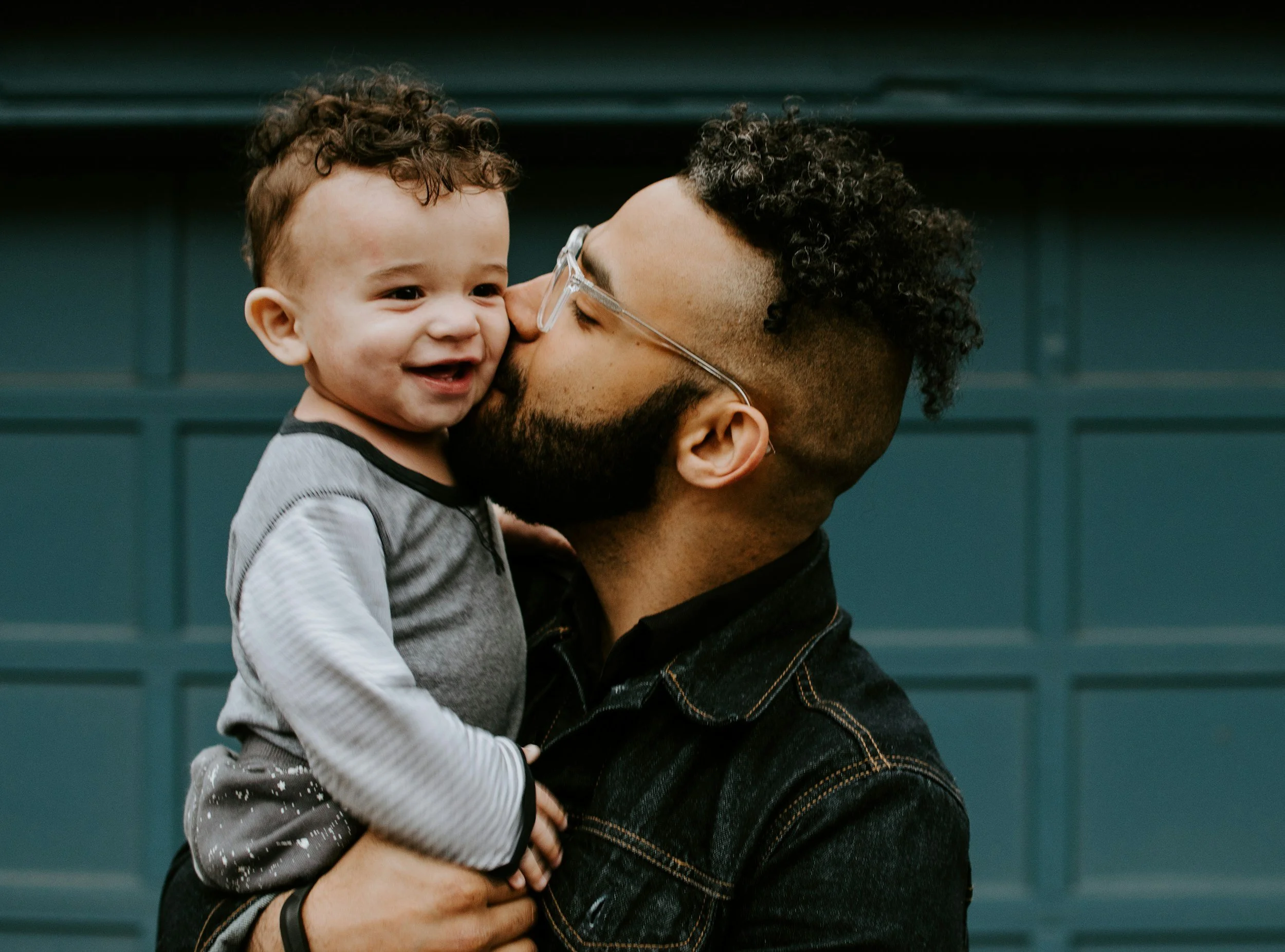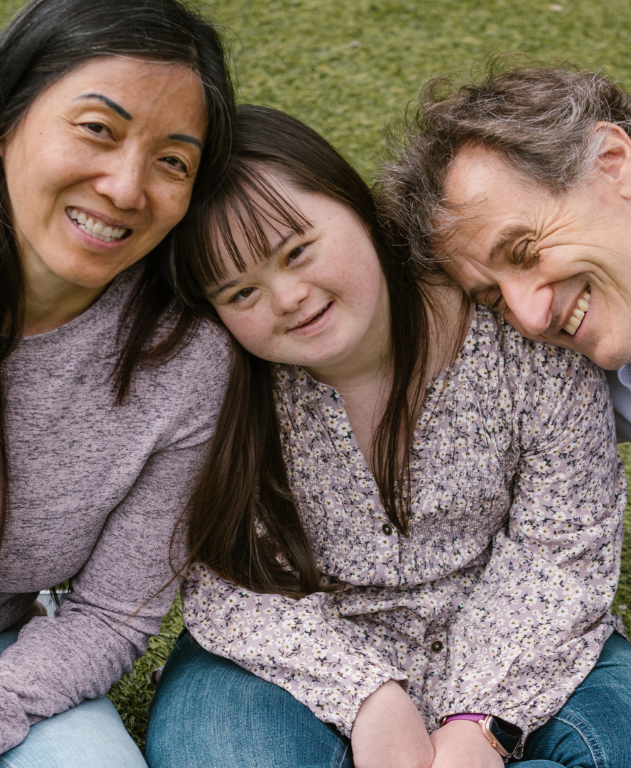
Keeping Your Child Safe
Your child’s safety is our top priority. At the Spelthorne Family Centres, we’re here to help you create a secure, nurturing environment where your child can grow and thrive. We offer practical advice on everything from online safety and home hazards to emotional wellbeing and setting boundaries. Whether you're a new parent or facing new challenges as your child grows, we’re here to support you with trusted guidance every step of the way.
-
Being away from home can be a worrying step for both children and parents. Asking for more independence is an important part of growing up – but every child is different and matures differently. There is lots of advice to keep your children safe at home and wherever they are.
Staying home alone – there is no legal age a child can be left home alone because every child is different
Staying safe in public places – learning how to help children to be independent and stay safe
At school – children starting school and taking part in activities can be both exciting and worrying
Sports, clubs and other activities – training and learning outside of home should be safe
Baby safety in the home (YouTube)
Safety in the street (YouTube)
Keeping your family safe - Surrey Family Information Service
-
Is your child spending more time online than usual? Do you know which sites they're visiting and who they're talking to? Whether they're surfing the internet on a laptop, or playing games with friends on their PlayStation or X-box, it's important to help them stay safe.
For practical advice to help children and young people stay safe online visit the Thinkuknow website which is an education programme from the National Crime Agency's CEOP Command. The website has lots of information and tips for all age groups including signs to look out for and how to report an incident.
Make sure your child knows how to keep themselves safe online and when they are outside the home.
-
The NSPCC says 'Child abuse is any action by another person – adult or child – that causes significant harm to a child. It can be physical, sexual or emotional, but can just as often be about a lack of love, care and attention.' Child abuse can happen to any child, regardless of their gender, age or background.
If you are worried about a child, it can be hard to know what to do. The NSPCC provides information and advice on different types of child abuse, how to spot the signs and what you can do to help keep children safe.
It is the responsibility of every adult to report child abuse if they know or suspect that abuse is happening.
-
Be aware that a child often knows the person who is abusing them. They are likely to be trusted relatives, family friends, neighbours or babysitters.
• Make sure you have met your child's friends and their family before your child goes for a sleepover.
• Always listen to what your child has to say about the people who have looked after them. If they are not happy or seem uncomfortable, find someone else.
Make sure your child understands what unacceptable physical closeness and activities look like, including being photographed inappropriately. The NSPCC Underwear Rule offers parents advice on how to have these conversations with young children.
-
If your child is unhappy about going to a friend or carer, a regular activity or being with a particular adult, talk to them about why this is and make sure they understand that you believe them.
Someone from the Police or Surrey County Council's Children's Services will talk to you about your concerns and may ask for details so they can investigate further.
-
Living in a home where domestic abuse happens can have a serious impact on a child or young person's mental and physical wellbeing, as well as their behaviour. And this can last into adulthood.
What's important is to make sure the abuse stops and that children have a safe and stable environment to grow up in.
https://www.womensaid.ie/services/helpline.html
https://www.nspcc.org.uk/what-is-child-abuse/types-of-abuse/domestic-abuse/
-
Get in Touch
Whether you’re looking for practical support or just a listening ear, we’re here to help.
Get in touch today to find out how we can support you and your young adult on the path to independence.

